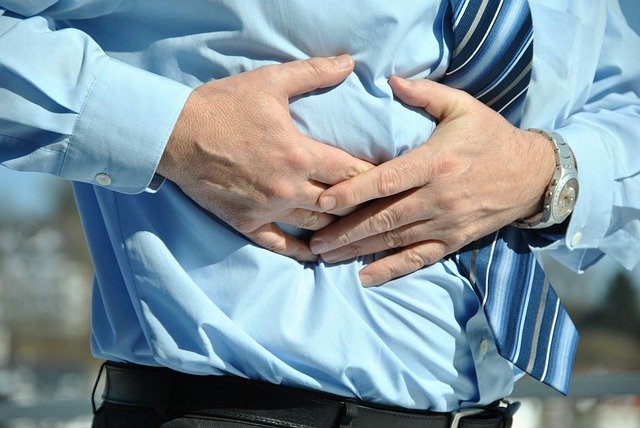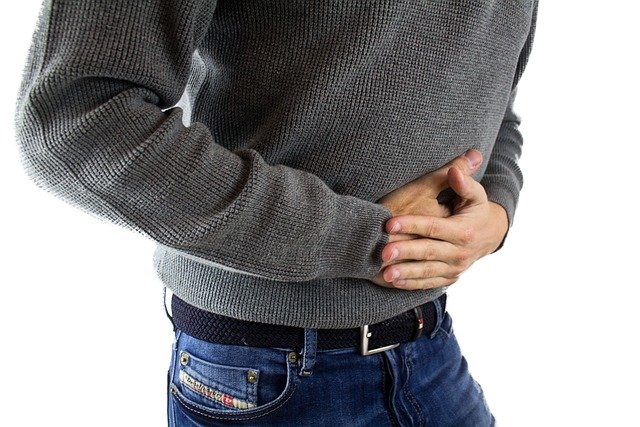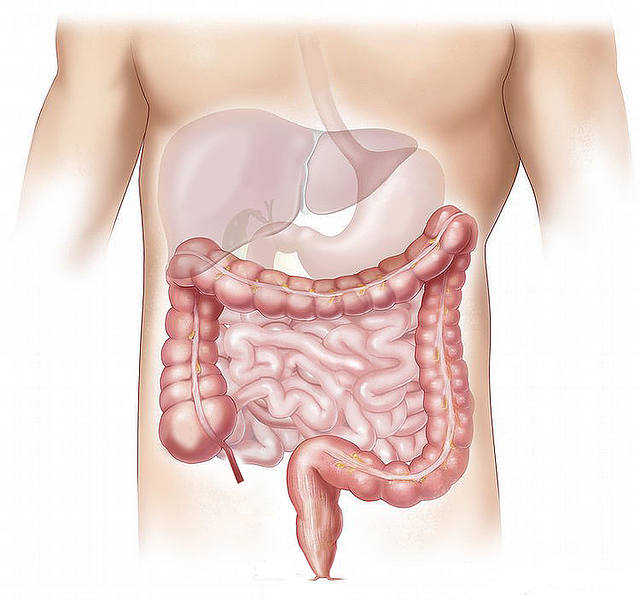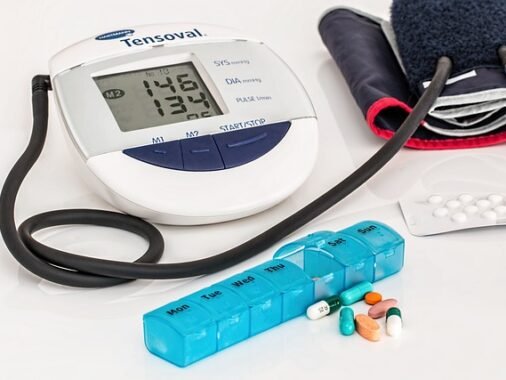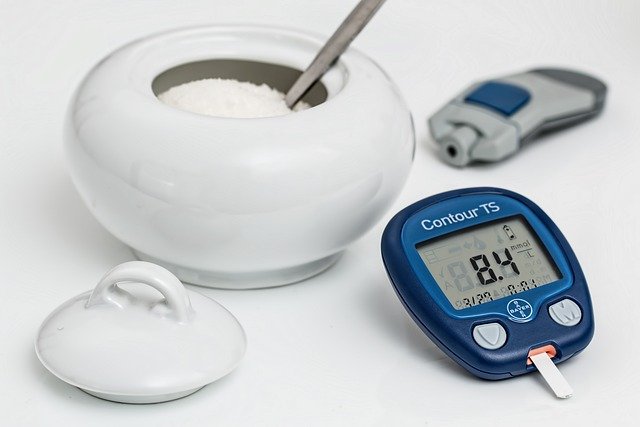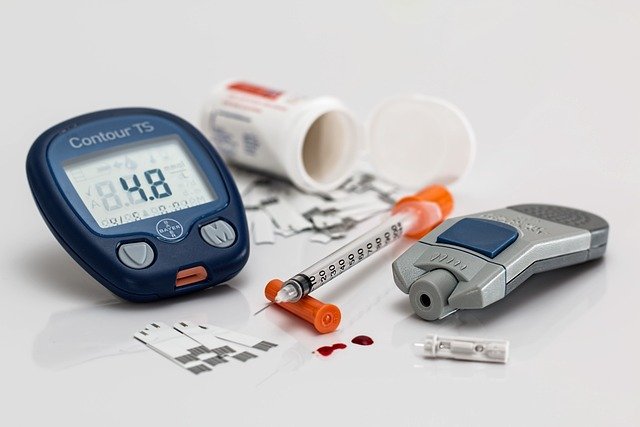Diverticulitis is a condition where small, bulging pouches (diverticula) that can form in the lining of the digestive system, usually in the lower part of the large intestine (colon), become inflamed or infected. This can cause severe abdominal pain, fever, nausea, and a marked change in bowel habits. Diverticulitis can range from mild to severe, and in severe cases, it may lead to complications such as abscesses, perforations, or blockages in the colon. Treatment often involves antibiotics, dietary changes, and in some cases, surgery.
Causes of Diverticular Disease
Diverticular disease is primarily caused by the formation of small pouches (diverticula) in the colon wall due to increased pressure in the colon. Factors that may contribute include a low-fiber diet, aging, lack of exercise, obesity, smoking, and certain medications.
Symptoms of Diverticulosis
Diverticulosis, the presence of diverticula, often does not cause symptoms. When symptoms do occur, they may include mild cramps, bloating, constipation, or diarrhea.
Symptoms of Diverticulitis
Diverticulitis, the inflammation or infection of diverticula, can cause more severe symptoms such as:
- Severe abdominal pain, often on the lower left side
- Fever
- Nausea and vomiting
- Changes in bowel habits, including constipation or diarrhea
- Bloating
Complications of Diverticular Disease
Complications can include:
- Abscesses (pockets of infection)
- Perforation (a hole in the colon)
- Peritonitis (infection of the abdominal cavity)
- Fistulas (abnormal connections between the colon and other organs)
- Intestinal obstruction or blockage
Diagnosis of Diverticular Disease
Diagnosis typically involves a combination of:
- Medical history and physical examination
- Blood tests to check for infection or inflammation
- Imaging tests such as a CT scan to visualize the colon
- Colonoscopy to inspect the inside of the colon
Treatment for Diverticulosis
Treatment focuses on preventing the formation of more diverticula and reducing symptoms, and may include:
- High-fiber diet
- Fiber supplements
- Increased water intake
- Regular exercise
Treatment for Diverticulitis
Treatment depends on the severity of the condition and may include:
- Antibiotics for infection
- A clear liquid diet to allow the colon to heal
- Pain relievers
- Hospitalization for severe cases
- Surgery for complications such as perforation, abscess, or obstruction
Self-Care Suggestions for Diverticular Disease
- Eat a high-fiber diet rich in fruits, vegetables, and whole grains
- Drink plenty of water
- Exercise regularly
- Avoid smoking
- Manage stress
- Avoid foods that may cause bloating or discomfort, such as nuts, seeds, and popcorn (if advised by a doctor)
7 Foods to Avoid with Diverticulitis
When managing diverticulitis, it’s crucial to avoid foods that can irritate the digestive system or exacerbate symptoms. Here are seven foods to avoid during a flare-up:
- Nuts and Seeds: Including whole nuts and seeds like sunflower, sesame, or pumpkin seeds, which can irritate the diverticula.
- Popcorn: The hulls of popcorn can get lodged in diverticula, potentially causing irritation.
- Fruits with Seeds or Skins: Fruits like tomatoes, berries, and cucumbers with seeds or tough skins can be problematic.
- Raw Vegetables: Especially those with tough skins, such as carrots, broccoli, and cauliflower, as they can be difficult to digest.
- Corn: Whole kernels of corn can be hard to digest and may irritate the diverticula.
- Spicy Foods: Can exacerbate inflammation and cause digestive discomfort.
- Processed and Fatty Foods: Foods high in fat and processed ingredients can slow down digestion and lead to constipation.
During a diverticulitis flare-up, a low-fiber diet is often recommended to allow the digestive system to rest. Always consult with a healthcare provider for personalized dietary advice.
Where to Get Help
- Primary Care Physician: For initial diagnosis and management.
- Gastroenterologist: For specialized care of digestive disorders.
- Dietitian: For dietary advice and meal planning.
- Emergency Room: For severe symptoms or complications.
- Support Groups: For connecting with others who have diverticular disease.
For specific medical advice and treatment, always consult a healthcare professional.
FAQs:
Diverticulitis is primarily caused by the inflammation or infection of diverticula, which are small pouches that can form in the colon wall due to increased pressure in the colon.
Foods that can trigger diverticulitis include nuts, seeds, popcorn, raw vegetables with tough skins, spicy foods, and processed or fatty foods.
A diverticulitis attack typically involves severe abdominal pain, usually on the lower left side, along with fever, nausea, vomiting, and changes in bowel habits.
Diverticulosis itself is often not serious and may not cause symptoms. However, it can lead to diverticulitis, which can be serious if complications like abscesses or perforation occur.
The worst things for diverticulitis are foods that can irritate the colon, such as nuts, seeds, and high-fat or processed foods, as well as not seeking treatment for severe symptoms.
Avoid nuts, seeds, popcorn, raw vegetables with tough skins, spicy foods, and processed or fatty foods during a diverticulitis flare-up.
Drinks that can irritate diverticulitis include alcohol, caffeinated beverages, and sugary sodas.
Bowel movements with diverticulosis are often normal but can sometimes be accompanied by mild cramps, bloating, constipation, or diarrhea.
The best treatment for diverticulosis includes a high-fiber diet, increased water intake, regular exercise, and avoiding foods that may cause discomfort.

